Petition to stop pro-EU leaflets gets 100,000 backers
- Published

The government says the campaign was a response to polling which suggested people wanted more information from the government
A petition against a £9m government campaign to promote EU membership will be considered for debate in Parliament, after getting over 100,000 signatures.
The e-petition was set up after news broke that leaflets would be sent out to 27 million UK homes from next week.
One MP told the BBC some Tory MPs may abstain from a Budget vote in protest at the taxpayer-funded leaflets.
The PM said the government was "not neutral" and backed remaining in the EU and it was right to explain why.
But shadow chancellor John McDonnell, whose party also backs staying in the EU, said: "I don't think there's a need for government leaflets, there's enough out there from individual campaigns."
He warned against "Project Fear from all sides of this debate" and said what people wanted was "straightforward factual information" to help them make up their minds.
David Cameron came in for criticism on Thursday after it emerged that the publicly funded campaign explaining the government's position on the EU referendum would see leaflets delivered to every UK home from next week.
The petition, launched by the Get Britain Out group on the government's e-Petitions site, external, entitled "Stop Cameron spending British taxpayers' money on pro-EU referendum leaflets" had more than 130,000 signatures on Friday morning.
'Causing offence'
The government's response states that the EU Referendum Act 2015 "commits the government to provide information to the public on EU membership ahead of the vote, and that is what we will do".
Not every petition which reaches 100,000 signatures gets debated by MPs in the Commons, but all must be considered. Five have already been rejected for debate during this Parliament.
Meanwhile one Conservative backbencher, speaking on condition of anonymity told BBC Radio 4's World at One that the main focus for a group of pro-Brexit MPs was now whether to attempt to stop all government business, because of the leaflet.
BBC Reality Check's Anthony Reuben fact-checks the government's leaflet
MPs will debate the Finance Bill, which enacts the Budget, on Monday, and some MPs are considering organising a mass abstention.
Conservative MP Bernard Jenkin said he was not one of them but said the way Mr Cameron was conducting the referendum campaign was "causing a lot of offence in the Conservative Party".
He told the BBC: "It is an extraordinary act of arrogance using taxpayers' money to propagandise the government's view of the referendum."
Once the official campaign period begins next week, the official "Leave" and "Remain" campaigns will only be able to spend up to £7m by law.
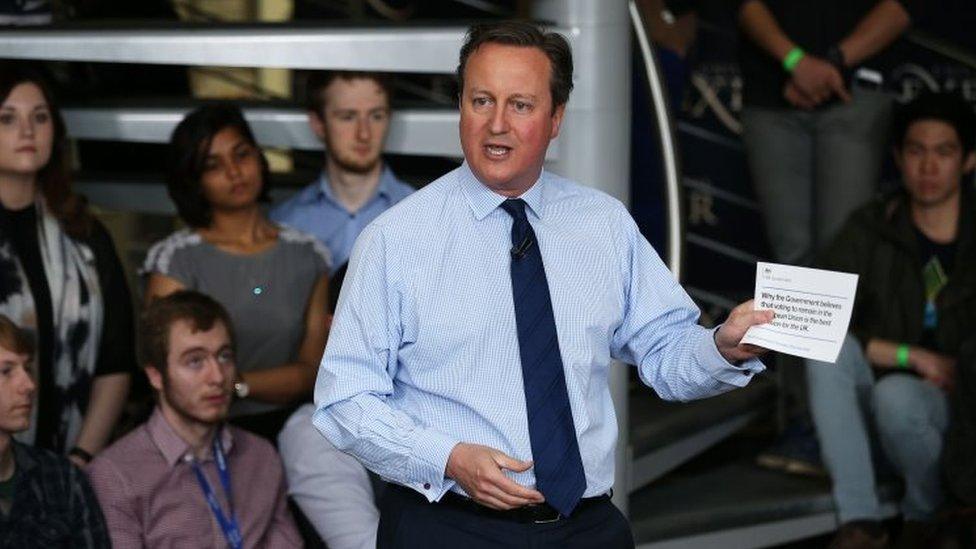
The prime minister told students at Exeter University he made "no apology" for the EU leaflet
Eurosceptic MPs forced ministers to agree to limit the use of the machinery of government to boost the Remain case in the weeks running up to the 23 June referendum vote.
Former Conservative cabinet minister Liam Fox - who backs the UK leaving the EU - told the BBC on Thursday the government was exploiting a "loophole" in the rules to put the leaflets out early and effectively "doubling the funding for one side, ie the Remain campaign".
The pro-Brexit Grassroots Out group has written to the Electoral Commission, questioning whether the leaflet was legitimate "given that the government has not registered as a campaigner".
'Hypocritical'
But Will Straw, of the Britain Stronger in Europe campaign, said it was "hypocritical" to criticise the use of public funding, when both sides would be entitled to taxpayer-funded mailshots, broadcasts and public grants once the Electoral Commission officially rules on the lead "Remain" and "Leave" campaign groups.
Mr Cameron, in a speech to students on Thursday, said he would make "no apology" for the leaflets and said there was "nothing to stop the government from setting out its views in advance of the campaign".
He said he wanted every voter to have "all the information at their fingertips" when they go to vote: "I think that is money well spent. It is not... just legal, it is necessary and right."
Downing Street said the campaign followed polling which suggested 85% of people wanted more information from the government to help them make an informed choice.
The leaflet is due to start hitting doormats in England next week, but not until after 5 May elections in the rest of the UK.
- Published7 April 2016
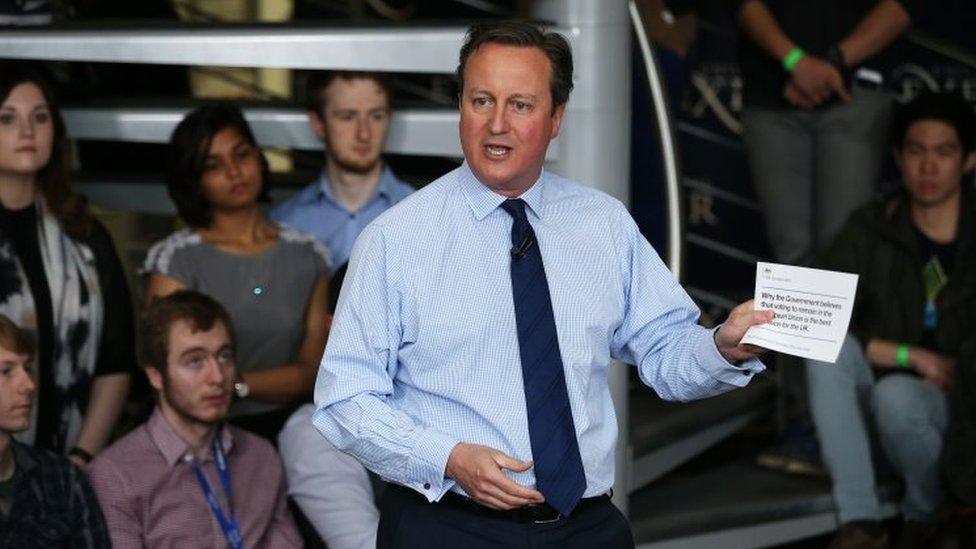
- Published7 April 2016
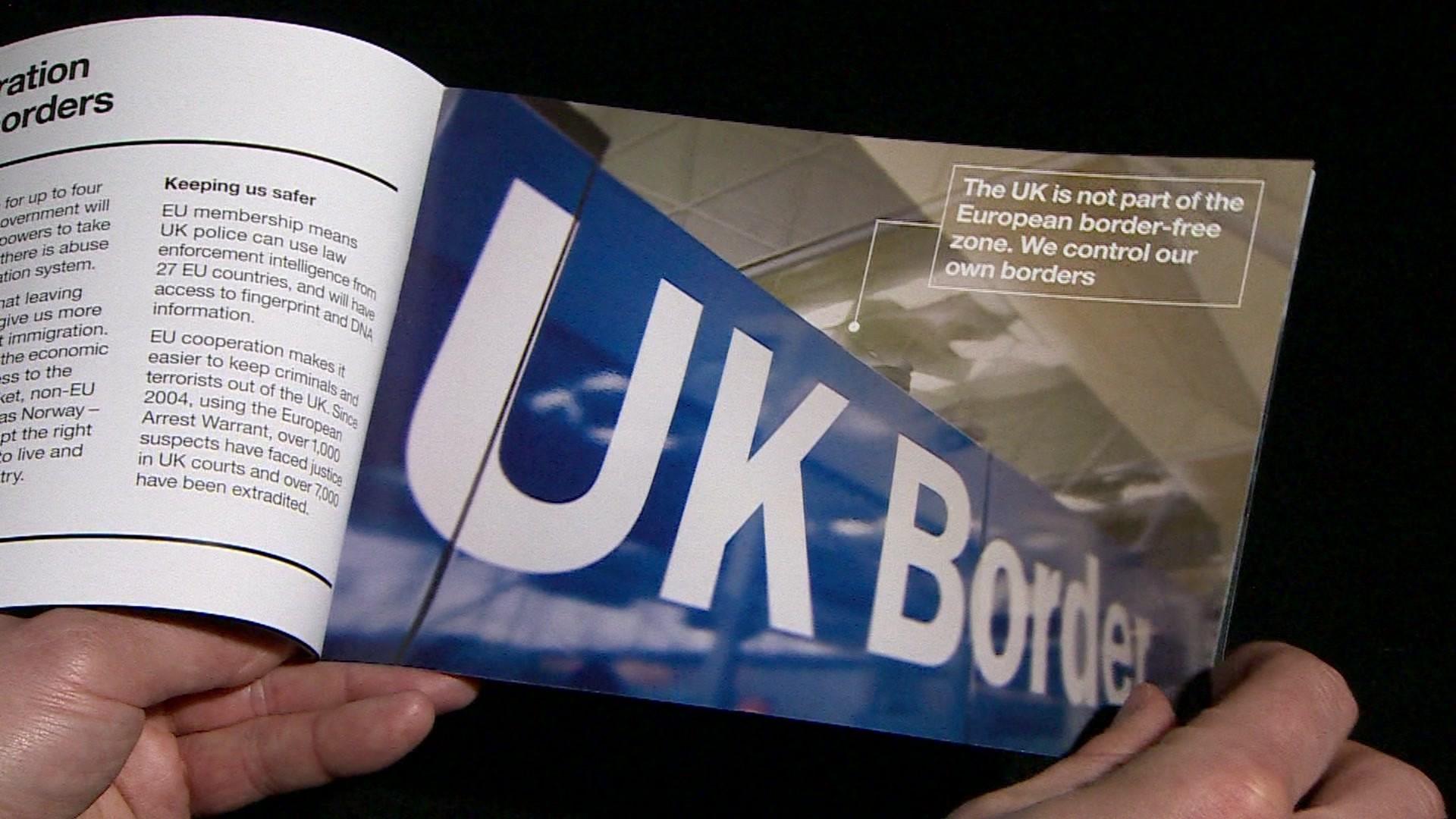
- Published26 May 2016
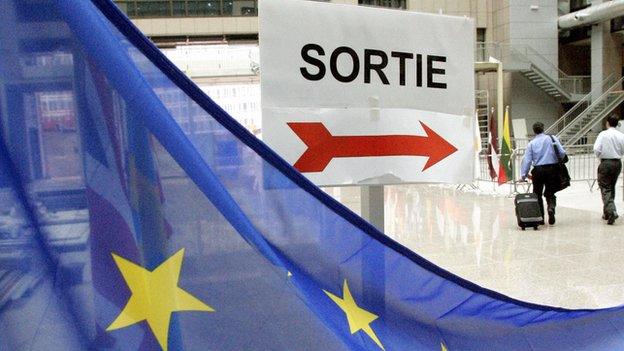
- Published7 April 2016
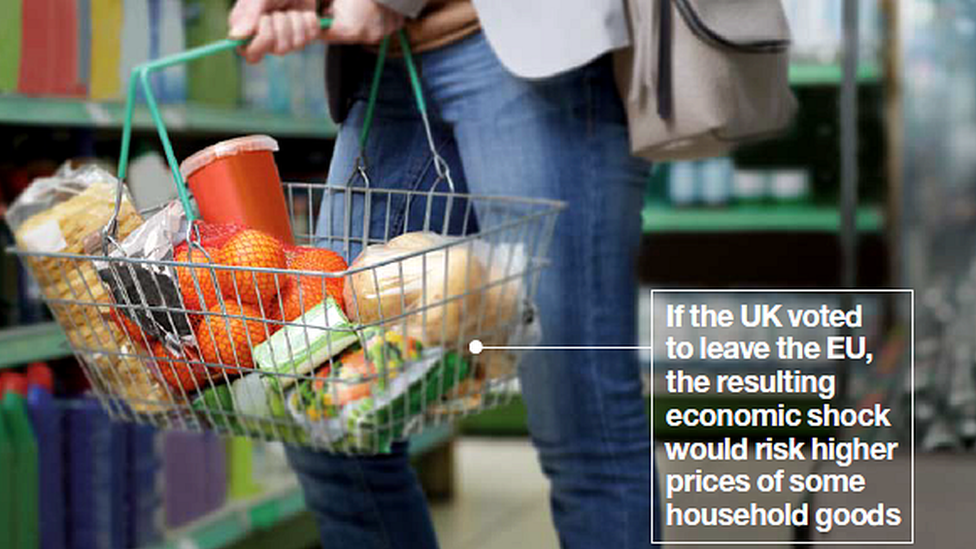
- Published9 September 2015
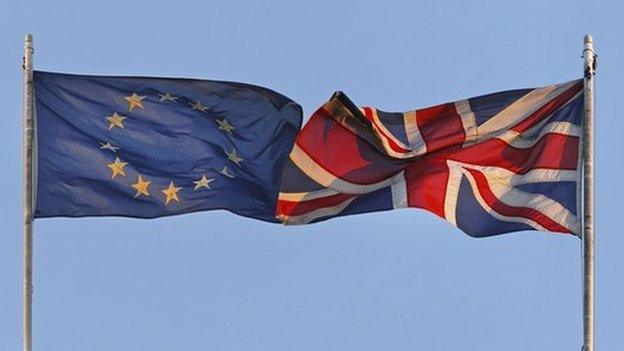
- Published8 September 2015
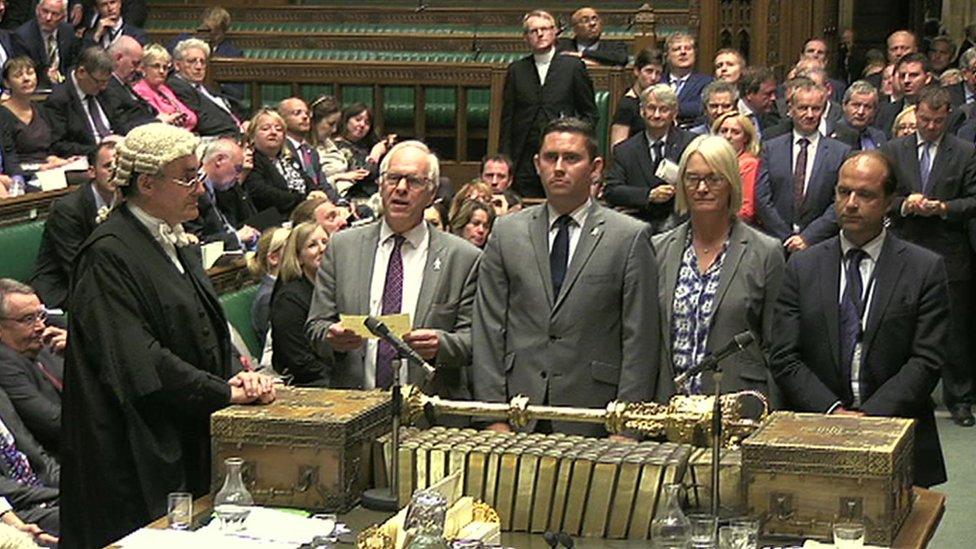
- Published2 September 2015
